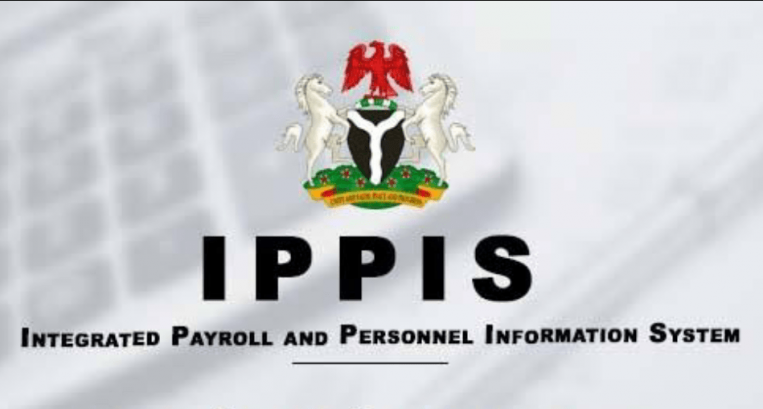FG removes ASUU, polytechnic, COEs lecturers from IPPIS
The Federal Government on Wednesday approved the exemption of universities, polytechnics, colleges of education and other tertiary institutions of learning from the Integrated Payroll and Personnel Information System.
It said, henceforth, remunerations to staff members of these institutions would no longer flow through the platform.
The Minister of the Information and National Orientation, Mohammed Idris, disclosed this to State House Correspondents after this week’s Federal Executive Council meeting at the State House, Abuja.
The FG reasoned that the IPPIS does not afford tertiary institutions the freedom to run their affairs, Idris said.
He explained, “Today, the universities and other tertiary institutions have gotten a very big relief from the integrated personnel payroll and information system. You will recall that the university authorities and others have been clamouring for exempting the universities and other tertiary institutions from this system.
“Today, the Council has graciously approved that. What that means is that going forward, the universities, as the Honorable Minister of Education has said and other tertiary institutions, the polytechnics and colleges of education will be taken off the IPPIS.
“What that means in simple language is that the university authorities and other tertiary institutions will now pay their personnel from their own end instead of relying on the IPPIS.”
The Minister of Education, Prof. Tahir Mamman, who explained the rationale for the Council’s decision, said the goal was to allow for the efficient running of public educational institutions nationwide.
He argued that Wednesday’s move is not connected to the integrity of IPPIS, the University Transparency and Accountability Solution, or other similar systems advocated by various bodies.
Mamman said, “Simply, the president and the Council are just concerned about the efficiency of management of the universities, and so it has nothing to do with integrity or platform options.
“The president cannot understand why Vice Chancellors should be leaving their duty post and run to Abuja to get staff enlisted on IPPIS when they get recruited.
“The basic concern is that universities are governed by laws. And those laws give them autonomy in certain respects and most respects and the IPPIS has sort of eroded that autonomy granted universities is accordance with their act.”
In October 2006, the FG introduced the IPPIS as one of its reform initiatives for the effective storage of personnel records, saying the move would improve transparency and accountability.
IPPIS, which was expanded to cover all ministries, departments and agencies that draw personnel costs from the Consolidated Revenue Fund, has been touted by the government as a means of saving billions of Naira and improving transparency in salary payments.
However, the Academic Staff Union of Universities, the umbrella body for lecturers in Nigerian universities, resisted the implementation of IPPIS within universities, arguing that it undermines university autonomy and does not accommodate the unique nature of academic work.
ASUU has instead proposed an alternative system called the University Transparency and Accountability Solution, which they believe better addresses the peculiarities of the university system, such as sabbatical leave, adjunct engagements and part-time contracts.
ASUU and other academic unions argue that IPPIS centralisation impedes the governing councils’ ability to effectively manage personnel and payroll, affecting strategic planning and the autonomy of universities.
This has led to tensions and a protracted standoff, with ASUU continuing to push for the adoption of UTAS over IPPIS, which they see as a foreign-imposed system unsuitable for the Nigerian tertiary education sector.
Despite the government’s attempts to enforce IPPIS, ASUU has held firm, leading to strikes and disruptions in academic activities, including an eight-month hiatus in educational activities that ended in 2022.
More details to come…


